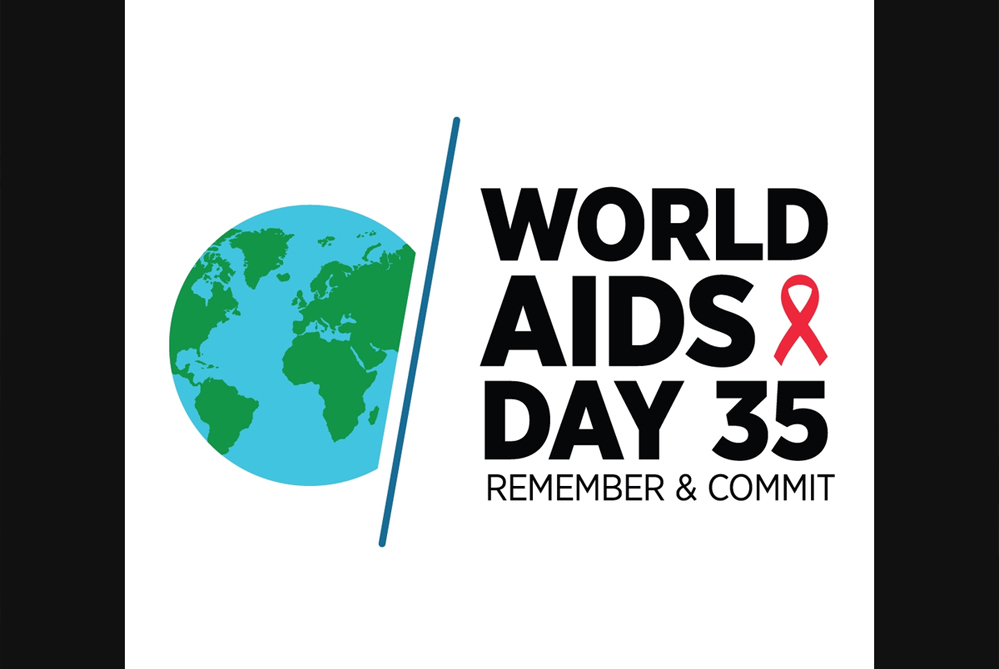On December 1st each year, the global community comes together to stand in solidarity with those affected by HIV, remembering the lives lost prematurely to HIV-related illnesses. World AIDS Day is not just a day of remembrance but also an opportunity to celebrate the remarkable strides made in medical care and treatment, significantly impacting the health outcomes of individuals living with HIV.

In today’s landscape, we possess proven treatment options that not only maintain the health of individuals with HIV and prevent the progression to AIDS but also reduce the risk of transmitting HIV to their partners.
While we strive for a future where HIV is no longer a major public health concern, it is essential to acknowledge the persistent challenges. The progress made in HIV prevention, care, and treatment is not uniformly benefiting all communities. In fact, unequal progress remains a driving force behind HIV infections, particularly in communities disproportionately affected by the virus—such as the Southern United States, minority racial and ethnic groups, people who use drugs, and those in sexual and gender minority groups.
Despite the existence of “life-changing” tools for HIV prevention and treatment, many individuals who need these advances the most face barriers preventing access. Bias from healthcare providers, discrimination, and stigma serve as major obstacles, keeping millions from knowing their HIV status and accessing crucial prevention or treatment services. Prioritizing equity by removing these barriers is key to enhancing healthcare access and support services in vulnerable communities.
While a cure for HIV remains elusive, early testing, medical care, and treatment, coupled with maintaining an undetectable viral load, enable individuals with HIV to lead normal lifespans. The use of HIV medicine can suppress the virus to undetectable levels, preventing transmission to sexual partners (known as U=U or Undetectable = Untransmittable).
Regardless of their health status or the duration of their HIV diagnosis, all individuals living with HIV should initiate treatment. If you suspect you have HIV or have been exposed, reaching out to the New Jersey AIDS/HIV/STD Hotline can connect you to free HIV and other STI services in New Jersey. This hotline, staffed by health professionals, is available 24/7 to provide free, confidential assistance: Call 1-800-624-2377 and take a step towards informed care and support.



